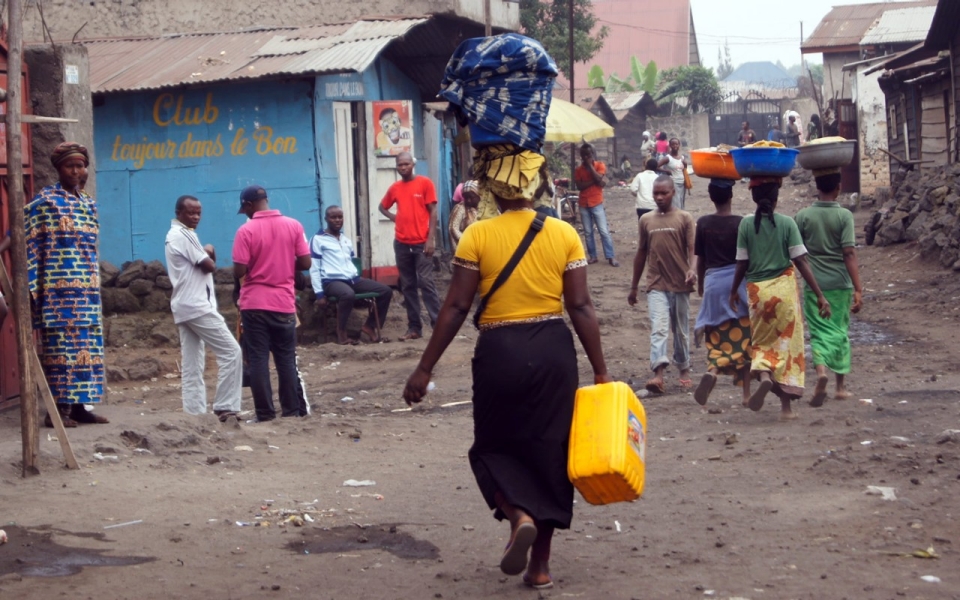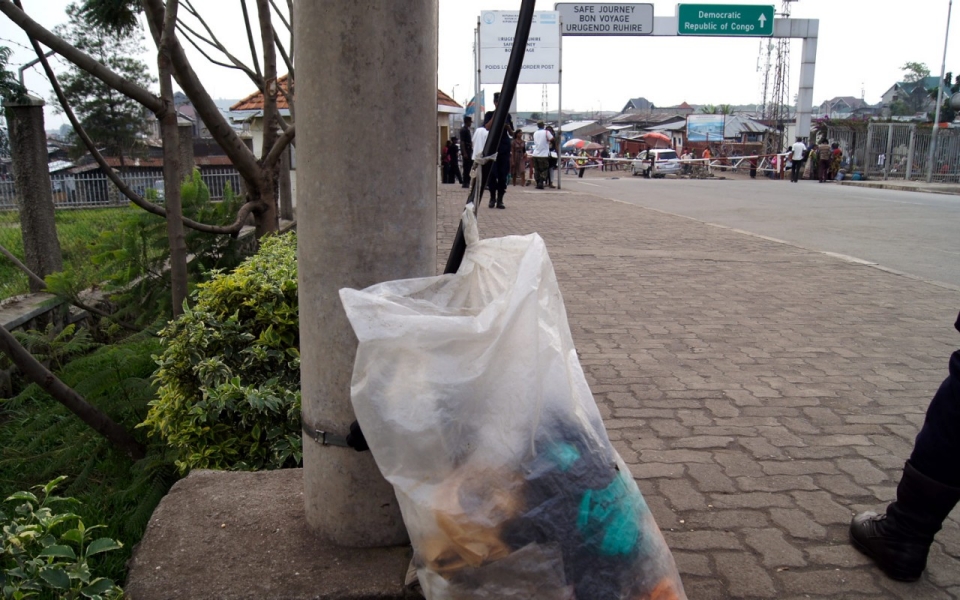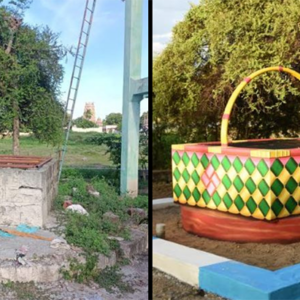
Back in 2008, Rwanda pioneered the path to eco-living by banning the use of plastic bags. Whilst many US cities have now passed special taxes to heavily reduce the use of plastic bags, Rwanda seems to be leading the way by completely banning the use of those that are not biodegradable. The common polyethylene bags, which are used by shoppers, are typically used only once before being thrown away, where their journey ends up either littering the streets or killing marine life in the sea. Vincent Biruta, the Minister of Natural Resources in Rwanda, said that the ban has “created challenges in terms of packaging, but it has created opportunities too”. He explained that the citizens of the East African nation of 12 million people did not have a problem with the ban, and although those who work in industries found it difficult at first, they soon came to understand that it was better in the long run.
Their plan to ban the bag was part of a revival plan following the economic and emotional destruction of genocide in the mid-1990s, where they decided to focus on environmental protection. Whilst it wasn’t the first ban of plastic bags, as Bangladesh passed one in 2002, it was the first to prohibit the manufacture, use, importation and sale of plastic bags. Anyone that is caught carrying a plastic bag will face heavy fines, and owners of businesses that violate the ban will face up to a year in prison. Rwanda has even gone so far as to search the luggage of tourists traveling into the country, to prevent any polluting the country. This comes at a crucial time for the natural environment, where predictions have been made that the world is on track to have more plastic in the ocean than fish by 2050.

However, despite the good intentions, some negative repercussions have also come from the bag ban. The strict enforcement has led a black market trade in plastic bags to emerge. According to reports, this is due to not providing an alternative for many people who depend on the bags.
A 28-year-old from the Rwandan town of Gisenyi, which is close to the border of the Democratic Republic of Congo, has been smuggling thousands of plastic bags into Rwanda. The woman, who asked reporters to be called Umutoni Magambo out of fear of law enforcement, started smuggling traditional requests for items such as powdered milk, boxed tomatoes and vegetable oil, which are all cheaper in the DRC, accompanied by a plastic bag before the ban was set in place in 2008. She then began to tape hundreds of bags to her body underneath her dress, and then travel along one of the illegal paths to take her across the border. If she reached the capital of Rwanda, 100 miles away, she could make almost an entire week’s wages from the bags, making $10 on $30 worth of the plastic bags. However, she ended the bag smuggling in 2011 after her friend was caught and sent to prison, claiming that she couldn’t take the risk as she had two young children.
In a huge attempt to stop this, police have since started to search vehicles and pedestrians at border crossings. Despite heavy fines and even prison, the smuggling still continues as Magambo claims “It’s too expensive to work legally.” She explained that the taxes in Rwanda are too high, and so it is financially better to keep smuggling canned goods. Beatrice Rukundo, 33, who has been working at the Gisenyi market for 11 years, explained that people buy the illegal plastic bags because they are a lot more practical for buying and carrying food items.
Nevertheless, Rwanda’s authorities and environmental ministers are intent on becoming a more environmentally friendly country. As such a small country with little natural resources, they rely heavily on international aid, and therefore they want to keep in tune with the way that other countries are moving forwards into a sustainable future. With big manufacturers being offered tax incentives and recycling contracts to convert their businesses to eliminate the need for plastic bags, the country is still very much being an example to the rest of the world who are following suit.
What are your thoughts? Please comment below and share this news!
This article (Rwanda Is Pioneering The Way By Issuing A Complete Ban On Plastic Bags) is free and open source. You have permission to republish this article under a Creative Commons license with attribution to the author and TrueActivist.com


